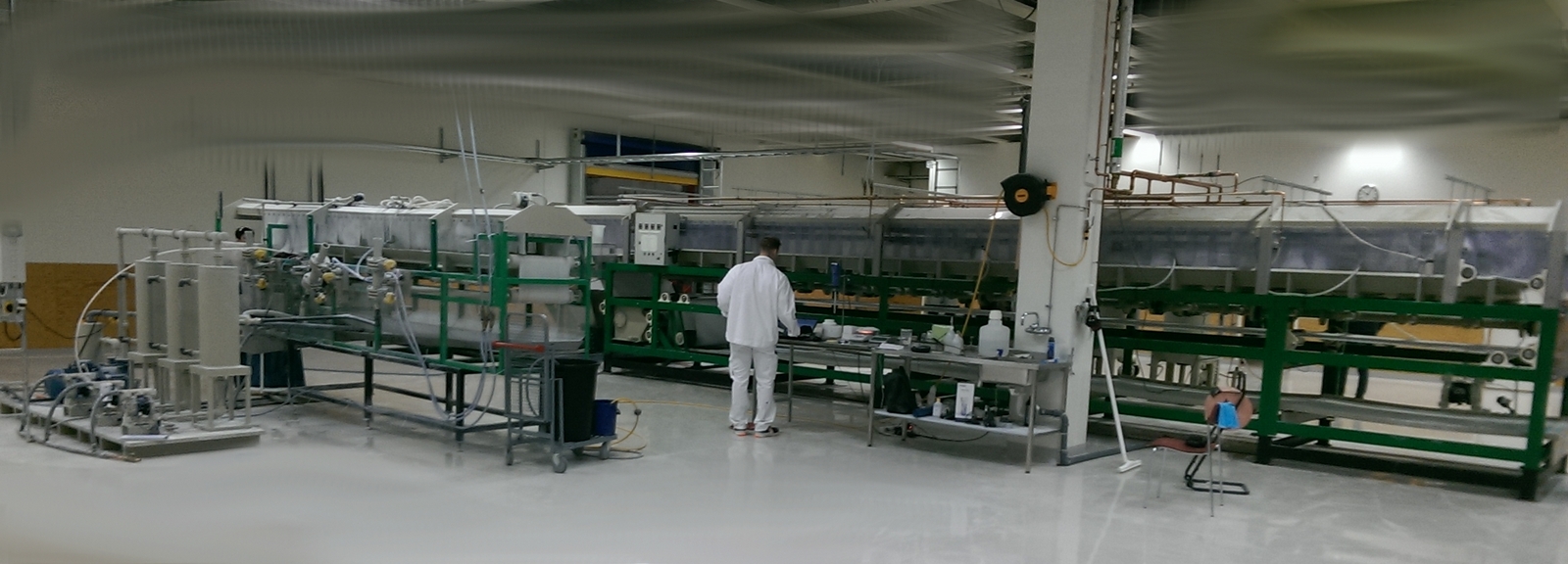Two recent and successful projects, on vastly
differing materials, but following our
well proven method serve to show how we work with potential clients
to find the process solution.
1 – In
the development of an advanced nano porous material with a process
stage that involves removing salt from the filter cake.
2 - Converting what had been an effluent sent to landfill into recyclable
and saleable products. Again with the requirement of removing salt
from the filter cake.
The start
of the process is really quiet simple and very low cost:
As explained in
PROCESS,
to determine the suitability of handling the client's product on the Polyfilter, we carry out a laboratory test using a representative sample of the slurry and our specially designed
Buchner filter.
From as little as typically 5 litres of slurry, we can determine if the product is suitable for filtering on a production scale on the “Polyfilter”.
The other benefit of these tests is that once the filtration rate has been established, we can quickly and easily provide a budget (ballpark)cost for the complete filter package.
With non hazardous materials these tests are carried out free of cost at our works.

The nanosphere project was being funded by an EU grant so it is somewhat of an understatement to simply state that funds were tight!
The initial Polyfilter proposal to the client was too expensive for the available budget. However, the great thing about the Polyfilter is its modular construction. At a future date this allows additional sections to be easily inserted into the filter length and increase the filter area and in turn the throughput.
After further consultation, the initial plant throughput was reduced which in turn reduced the size and first cost of the filter package.
Phase 3 - Thanks to the success of the initial EU funded project, the material has gained international accreditation and business has increased.
The Client has since raised capital and ordered a 10 x scale filter for the production facility.
This replicated the pilot filter and also has counter current cake washing . It has become the Master Pilot Plant

As interest and sales of the product continues to grow, it is anticipated that additional plants to be installed at strategic locations worldwide. Polyfilters will continue to support this business and supply filters for each of these new facilities.